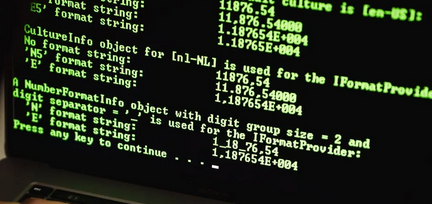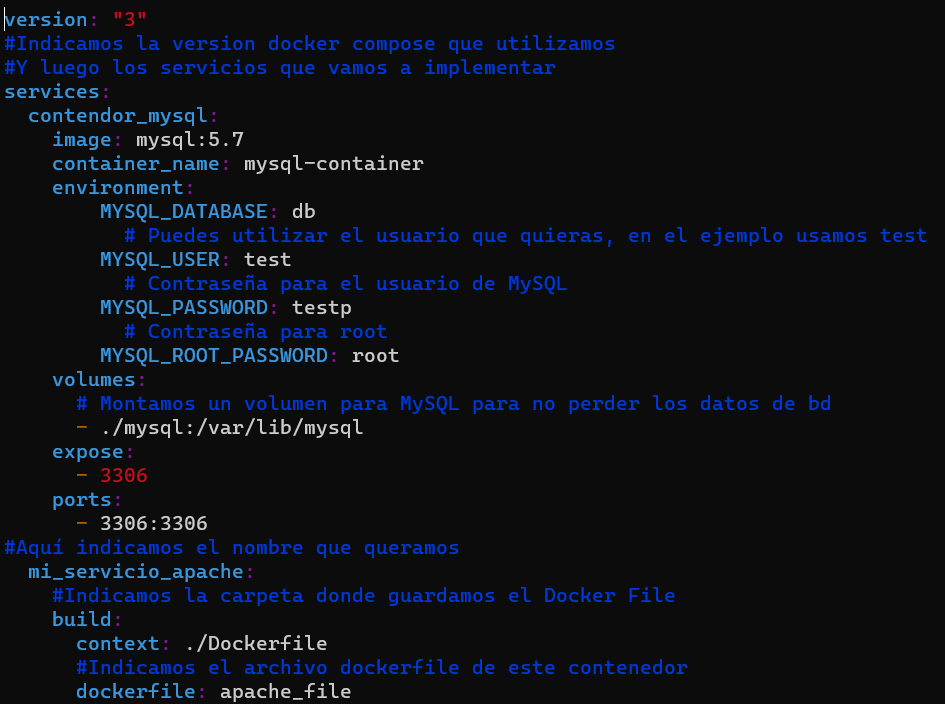Executing a Command in a Docker Compose Container Using the Ubuntu Console

Tiempo de lectura: 2 minutosReading time: 2 minutes Continuing with the Docker tutorials, I will explain how we can execute a command inside a Docker container using the Ubuntu console. If we have this example Docker Compose taken from the tutorial Deploying Apache Web Server with PHP using Docker Compose version: “3” # Indicate the Docker Compose version we … Read more



